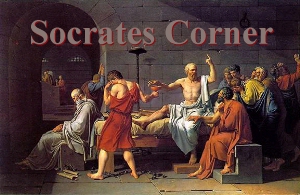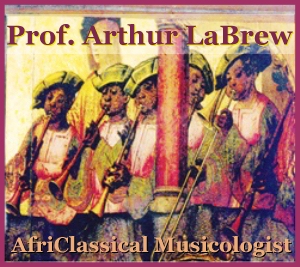 Selected Scholarly Works
Selected Scholarly Works
MANIFESTO: Ideological Racism inside the Academy

Seal of Harvard University (est. 1636) Dear Law School or University Dean X: This unsolicited letter expresses my enduring and strong desire to apply for any open faculty positions at your law school, college, or university within my areas of expertise, scholarly pursuits, and teaching experience which include—Natural Law, Constitutional Law, Jurisprudence, Legal History, First […]
Reply To Judge Richard A. Posner on The Inseparability of Law and Morality

This article is a formal Reply to Judge Richard A. Posner’s article published in the Harvard Law Review.2 Posner’s article was actually an amalgamation of lectures he gave as the speaker of the annual Oliver Wendell Holmes Lecture series celebrating the 100th anniversary of Holmes’s famous essay, “The Path of Law.” In these lectures, Posner addresses his aversion to what he calls academic moralism,” moral philosophy, legal theory, moral theory and “moral entrepreneurs,” because moral theory lacks the “intellectual cogency or the emotional power to change people’s beliefs or behavior.”
The Delinquencies of Juvenile Law: A Natural Law Analysis

Abstract: This article is a substantive analysis tracing the legal, philosophical, social, historical, jurisprudence and political backgrounds of juvenile law, which is an outgrowth of the so-called Progressive movement – a popular social and political movement of the late nineteenth and early twentieth century. I also trace how this socio-political cause célèbre became a fixture […]
EXCLUDING THE EXCLUSIONARY RULE: NATURAL LAW VS. JUDICIAL PERSONAL POLICY PREFERENCES

[U.S. Supreme Court Justice Benjamin Cardozo, commenting on the perversity of the exclusionary rule, contemptuously remarked—“The criminal is to go free because the constable has blundered.” Cardozo understood that “fidelity to law” meant having law practically apply to real life situations. In this article the author argues that in a post-9/11 world one can no […]
Brown v. Board of Education: Right Result, Wrong Reasoning

I. ABSTRACT The genesis of this Article was originally conceived as a letter to a journalist in response to an article I had read in the Detroit News titled, “Judge Damon Keith, governor hosts fund raiser on Saturday.”’ I also heard about this event while listening to National Public Radio that same day, and I […]
A Voice Crying Out in the Wilderness: A Word About Brown vs. Board of Education

”Much of what you say cannot be rebutted. Nevertheless, I find your words a bit too harsh . . . ” Professor Lawrence C. Mann, Director of the Damon J. Keith Law Collection of African American Legal History, Wayne State Law School Dear Ms. Kimberly Hayes Taylor: This letter is in regard to your article […]
Peter Paul v. The Clintons: FEC Complicity and a Plea for Real and Present Campaign Finance Disclosure Laws

This rational view of election law under a constitutional paradigm is not a new concern for those who advocate real and tougher campaign finance disclosure laws. The battle has been ongoing for almost a century now.5 Take the case, Citizens Against Rent Control v. City of Berkeley, the Court held: “The integrity of the political system will be adequately protected if contributors are identified in a public filing revealing the amounts contributed; if it is thought wise, legislation can outlaw anonymous contributions.” 6 This is a clear, unmistakable utterance of ‘black letter law’ from the Supreme Court. Yet, in the area of campaign finance disclosure laws, its pronouncements are largely ignored, unenforced and with any authority and influence.





Recent Comments